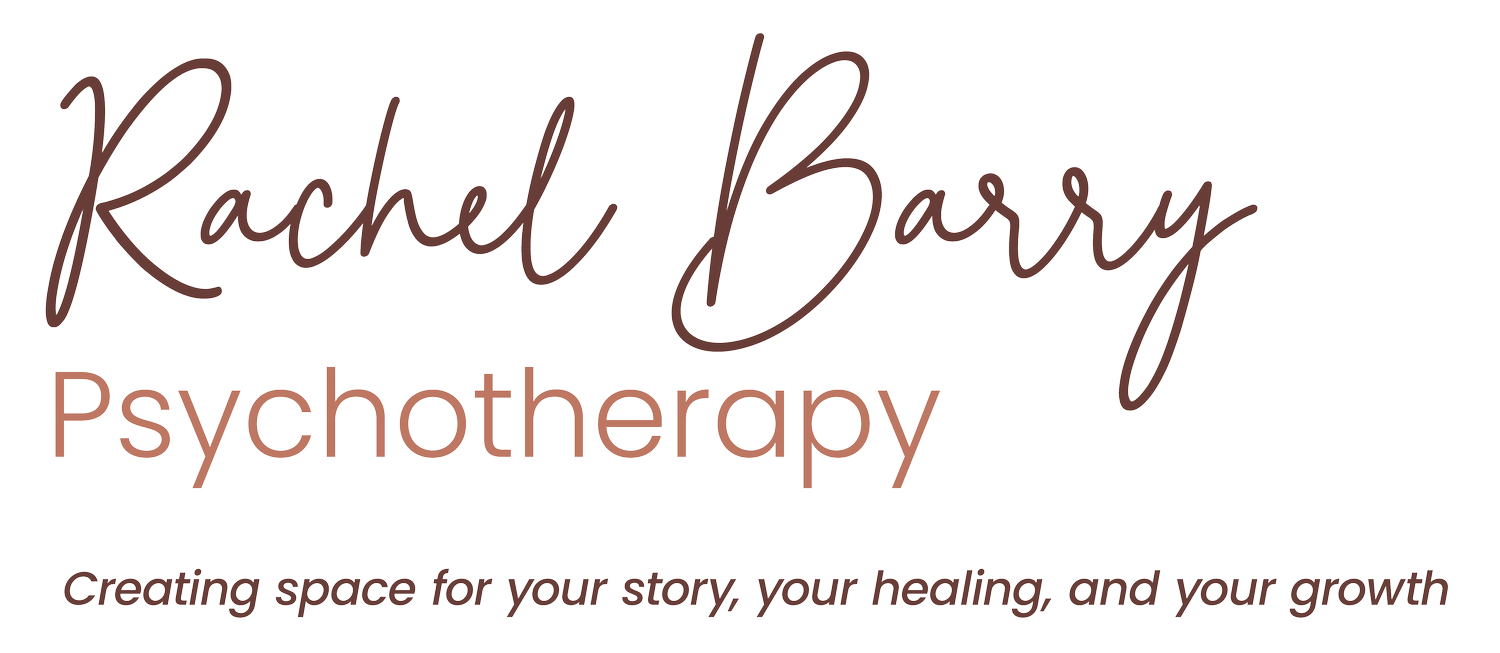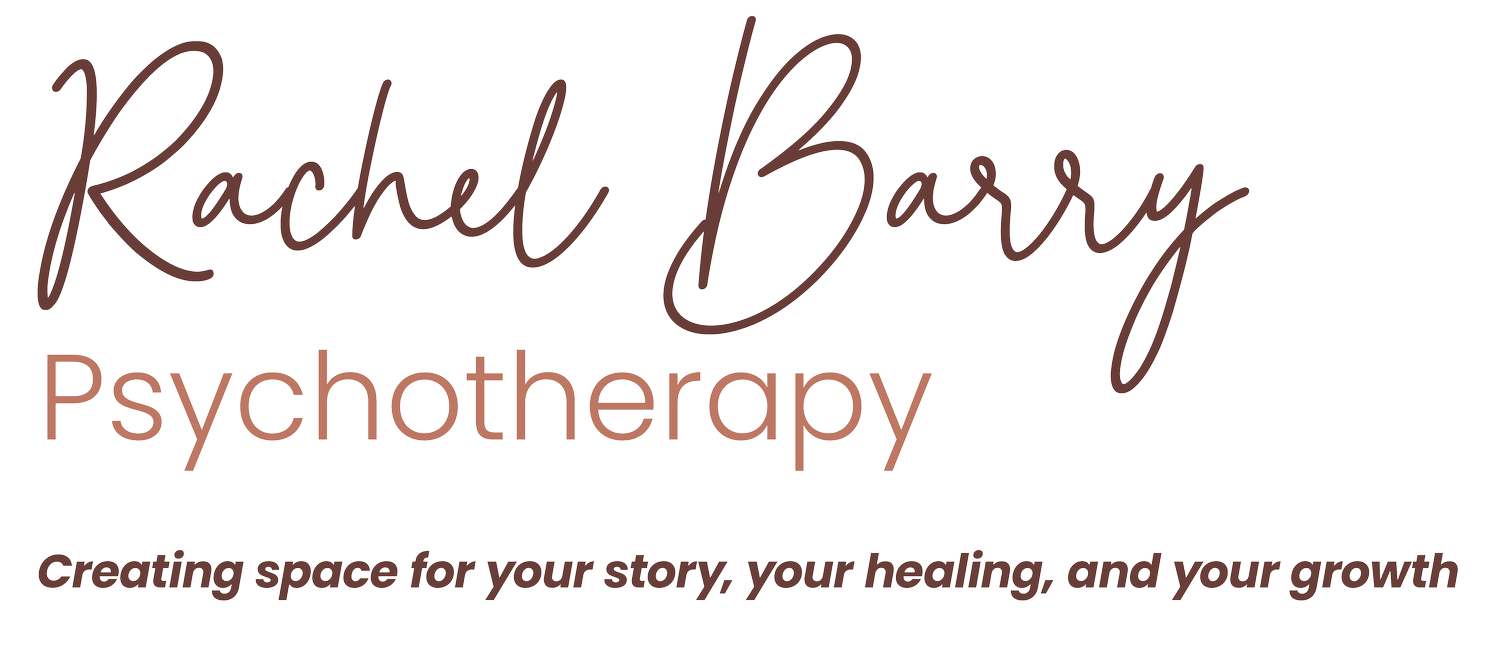Don’t Bury the Lede of Your Life
Don’t Bury the Lede of Your Life
by Rachel Barry
To “bury the lede,” is a writing term with great application to real life. When we “bury the lede,” we neglect to relay the most important, relevant information of a story. We hold back, reserve the truth, and sometimes mis-guide our readers off the beaten path in a totally wrong direction. This is a storytelling fallacy that writers must be conscientious of in order to properly tell an accurate story and maintain trust from their audience.
But this isn’t just about writing and storytelling. It’s about people and life too. In all our affairs, we, as humans beings, have the potential to “bury the lede,” not just from others, but more devastatingly, from ourselves. The clinical term for this is “avoidance,” and it is a pervasive, debilitating problem for many individuals.
Avoidant Personality Disorder (AvPD) is a recognized mental health diagnosis defined in the DSM-5. It is characterized by a pervasive pattern of social inhibition, feelings of inadequacy, and hypersensitivity to negative evaluation. These traits often lead to the avoidance of personal, social, and occupational opportunities—not because of apathy or disinterest, but because of an overwhelming fear of criticism or rejection. The diagnostic criteria require the presence of at least four of the following:
Avoids occupational activities that involve significant interpersonal contact because of fears of criticism, disapproval, or rejection
Is unwilling to get involved with people unless certain of being liked
Shows restraint within intimate relationships because of the fear of being shamed or ridiculed
Is preoccupied with being criticized or rejected in social situations
Is inhibited in new interpersonal situations because of feelings of inadequacy
Views self as socially inept, personally unappealing, or inferior to others
Is unusually reluctant to take personal risks or engage in new activities because they may prove embarrassing
Of course, many people live with subtler forms of avoidance that still impact their well-being, even if they don’t meet full criteria. Trust me, I’ve procrastinated on everything from sending thank-you notes to opening official-looking mail to revising pieces like this one. Avoidance doesn’t always show up as a dramatic life choice—it can be hiding in the laundry pile, the unopened inbox, or that weird half-done creative project from three years ago.
Even if one does not meet full criteria for avoidant personality disorder, it’s still useful to reflect on the parts of our lives we might be shying away from or avoiding. When it comes to certain daunting subjects, our initial reaction might be that it’s too overwhelming, too complicated—that we’re just not strong enough yet. But realistically… when will we be?
It’s natural to convince ourselves that we’ll become stronger in the future, more capable, more ready. Or we fantasize about some perfect (but highly unlikely) moment when everything will align and we’ll finally be prepared. But there is no perfect time, no perfect scenario. This is it. As they say in 12-Step programs, “the only way is through” (believe me—I’ve checked. There is no magical future version of me with more time, energy, and confidence—just this one, stalling with snacks).
The good news is that, even in all our imperfection, we’re stronger than we think we are.
We might say that the struggle with avoidance is universal—what differs is the degree and the domain. Learning to grow and mature may be directly tied to our ability to face ourselves, over and over again, a little more each day. And that inner confrontation isn’t just important—it’s vital. It shapes our happiness, our life satisfaction, and our capacity to make meaningful contributions to the world around us.
In short: the more we face ourselves—and stop avoiding—the more whole and content we become.
This perspective is also useful for treating depression. Alleviation of symptoms may come not just from rest or relief, but from the willingness to take honest inventory: to face responsibilities, follow our callings, and stop putting off the truths we already know deep down. We feel better when we do meaningful things—not just any good things, but the ones that matter most, even if they’re hard or elusive or overwhelming. These are the things that change us—and others—for the better.
So quit “burying the lede” of your own life story. Go out and do the hardest, most meaningful things. That’s where the clarity comes. That’s where the joy is. That’s where your story begins to sing.


